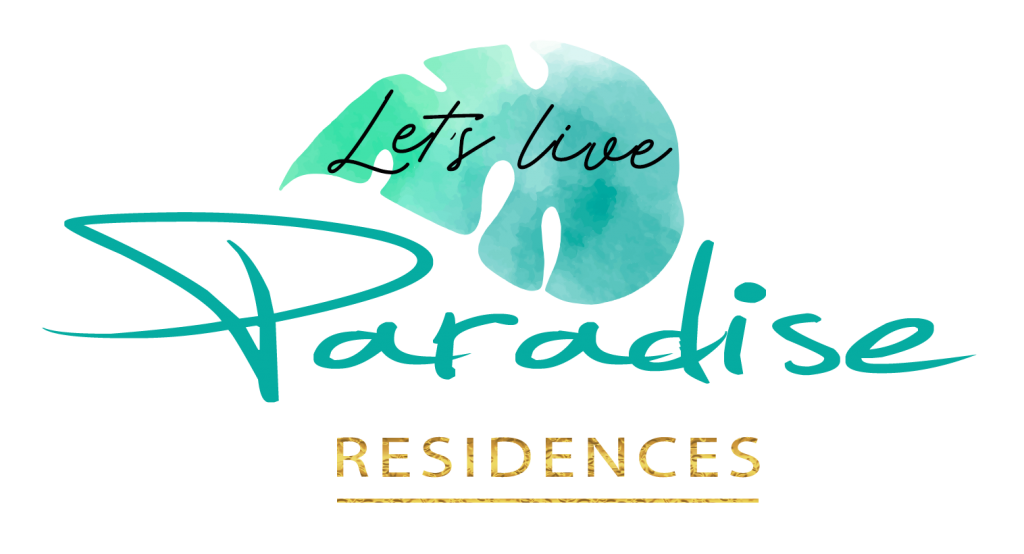Content
Drinking too much alcohol too frequently is unhealthy and can lead to liver disease, weight gain, and alcohol use disorder (AUD). Alcohol consumption may also play a role in certain mental health conditions, like depression and dementia, including Alzheimer’s disease. If you choose to drink, it’s important to have only a moderate (limited) amount. And some people should not https://ecosoberhouse.com/article/alcohol-vs-drugs-comparison-of-addictions/ drink at all, like women who are pregnant or might be pregnant — and people with certain health conditions. However, there is a vast middle ground between having one drink every now and then and alcoholism, and the truth about the potential risks to one’s health when it comes to moderate drinking are blurry. On the one hand, moderate drinking is not a universal concept.
If you don’t have insurance, you may still be able to get free or low-cost help for alcohol misuse. Find a health center near you and ask about alcohol misuse screening and counseling. Under the Affordable Care Act, insurance plans must cover alcohol misuse screening and counseling. Depending on your insurance plan, you may be able to get these services at no cost to you.
Older Adults
Here are some strategies to help you cut back or stop drinking. Make your tax-deductible gift and be a part of the cutting-edge research and care that’s changing medicine. You’ll soon start receiving the latest Mayo Clinic health information you requested in your inbox.
- With long-term drinking even on moderate terms, the brain physiology is affected by creating long-term alcohol dependence.
- Overall, nearly 20% of people who drink in this category have alcohol use disorder.
- Too much alcohol consumption can lead to a variety of health problems, and the risks to your health and safety increase along with the amount you drink.
- Yes, there will be alcohol in breast milk, regardless if it’s pumped or not, as long as alcohol is in a lactating parent’s system.
The American Heart Association and National Heart, Lung, and Blood Institute advise against starting to drink alcohol just to prevent heart disease. Some people who drink alcohol have trouble stopping, called addiction. And drinking alcohol can cause other health problems or make them worse. Drinking too much alcohol can raise blood pressure to unhealthy levels. Having more than three drinks in one sitting temporarily raises blood pressure. Repeated binge drinking can lead to long-term increases in blood pressure.
What health problems are associated with excessive alcohol use?
Talk to a doctor or nurse if you are having a hard time cutting down on your drinking. Luckily, most craft brewers now indicate the alcohol by volume (ABV) contained in their beer on either the can or the bottle to avoid confusion. However, these studies were very limited, and no confirmed conclusion has been reached on the link between menstruation and alcohol absorption. The percent alcohol by volume (alc/vol) for distilled spirits is listed on bottle labels and may be found online as well.
Researchers keep studying whether red wine and other alcoholic drinks can help the heart. Those who drink regular, limited amounts of alcohol, including red wine, seem to have a lower risk of heart disease. Drinking regular, limited amounts is called drinking in moderation. Several studies have been done in an attempt to answer the question, what is moderate drinking? Well, in the scientific community, what is considered moderate drinking translates to one drink per day for women and two drinks per day for men. There is also another perspective in which, moderate drinking is defined as limiting the speed at which one drinks so that the blood alcohol concentration is maintained below 0.55.
Is moderate drinking safe?
The threshold for safe alcohol consumption is closely linked to body weight. Studies have shown that females begin having alcohol-related problems at lower levels of alcohol consumption than males. Consuming too much alcohol for too long can be damaging to health.
However, the patient must seek treatment in good time as an extended drinking problem can be damaging both mentally and physically. There are drink moderately several ways on how to help an alcoholic that doesn’t want help. All these can be explored in a typical alcohol abuse treatment center.
Still, while some evidence indicates that a baby’s growth and motor function may be negatively impacted by one or more drinks daily, other studies have not confirmed these findings. By her early thirties, she was downing up to eight tequila cocktails daily, several days each week. Last year she tried to quit and was surprised when she plummeted into withdrawal. Some research shows that resveratrol could be linked to a lower risk of swelling and irritation, called inflammation, and blood clotting.

Understanding the risks and any possible health benefits of alcohol often seems confusing; that’s understandable, because the evidence for moderate alcohol use in healthy adults isn’t certain. However, those health benefits can quickly turn into health risks. Studies from the Journal of the American Medical Association (JAMA) have found that drinking frequency is a risk factor, even with moderate drinking. Moderate drinking is defined as 2 drinks per day for men and one drink per day for women, per the CDC’s guidelines.
Moderate Drinking Guidelines
Due to these differences, what constitutes moderate drinking for a woman is often thought to be less than what constitutes moderate drinking for a man. These distinctions are codified in the US guidelines, the Canadian guidelines, and the Irish guidelines. As noted above, these distinctions are absent from the UK guidelines. If you don’t drink alcohol, don’t start because of potential health benefits. However, if you drink a light to moderate amount and you’re healthy, you can probably continue as long as you drink responsibly. Be sure to check with your doctor about what’s right for your health and safety.
